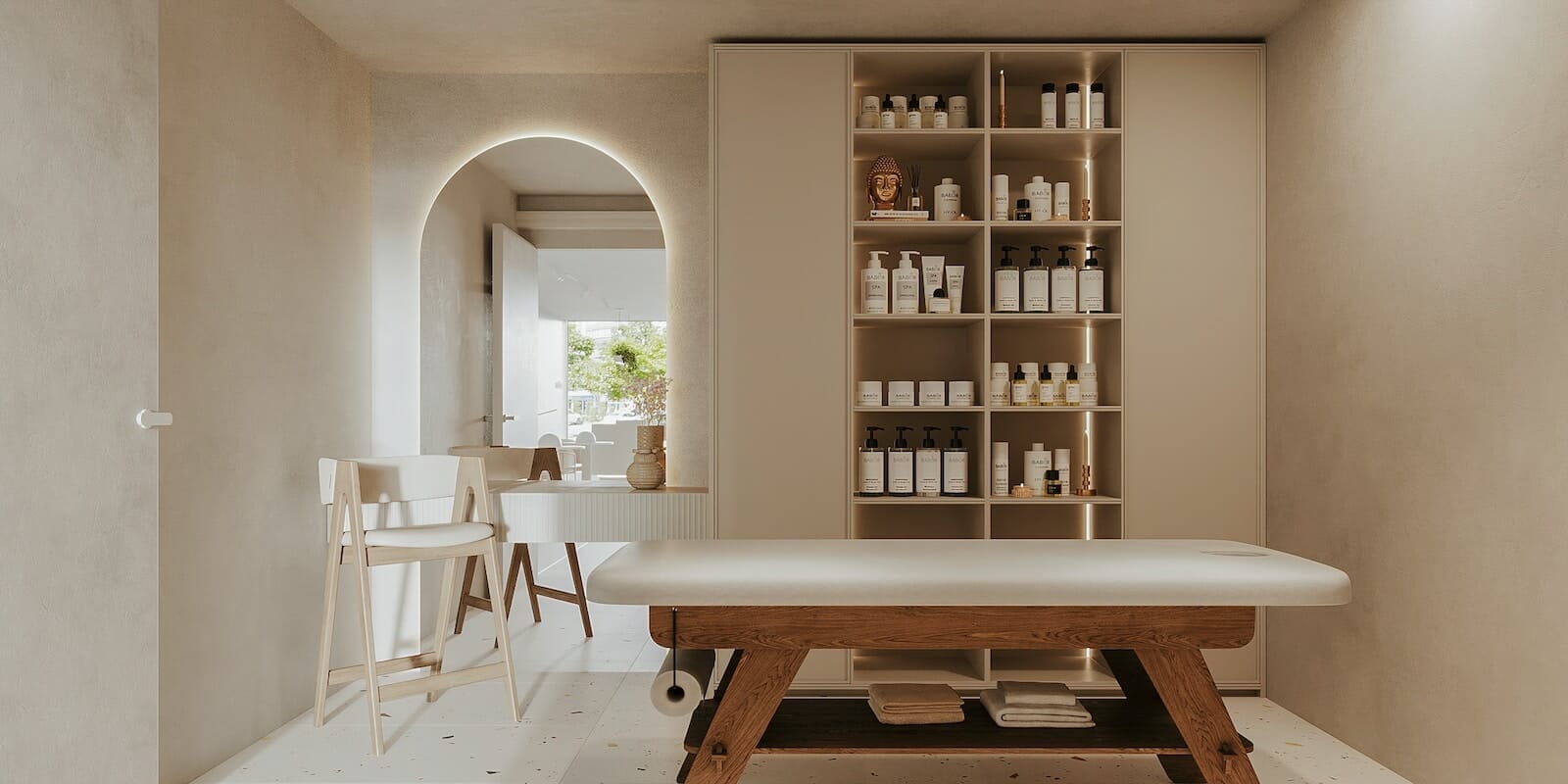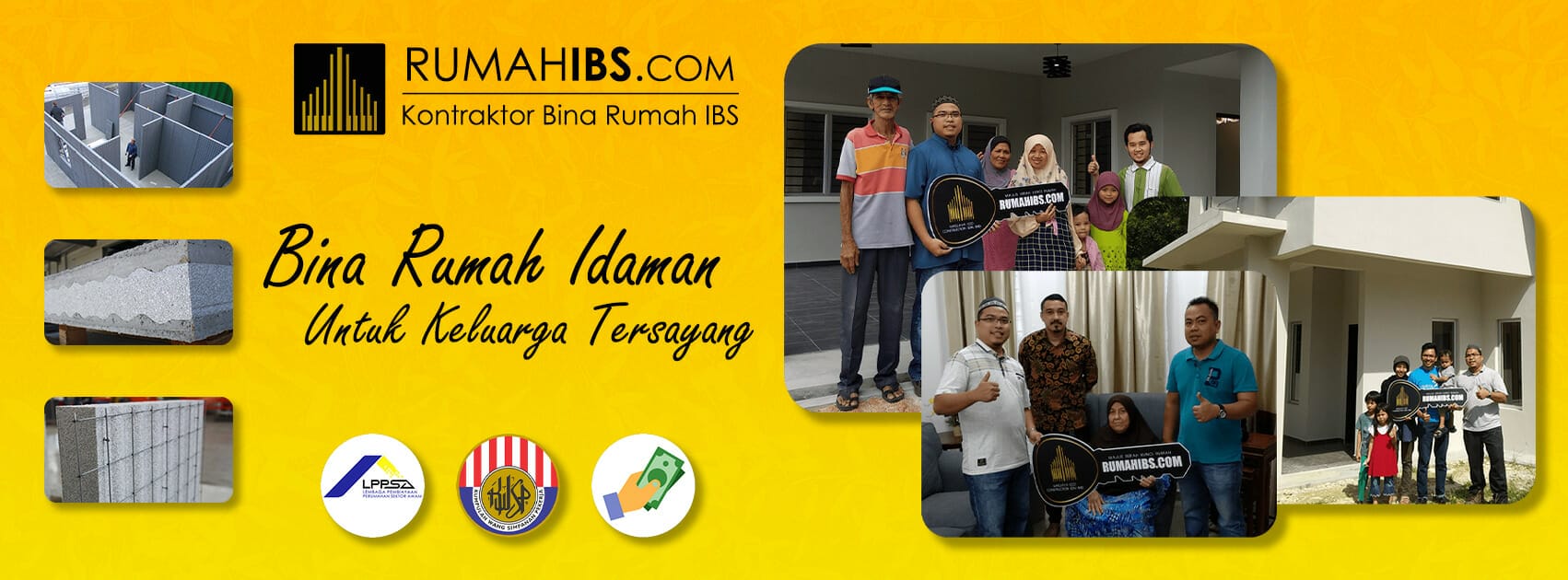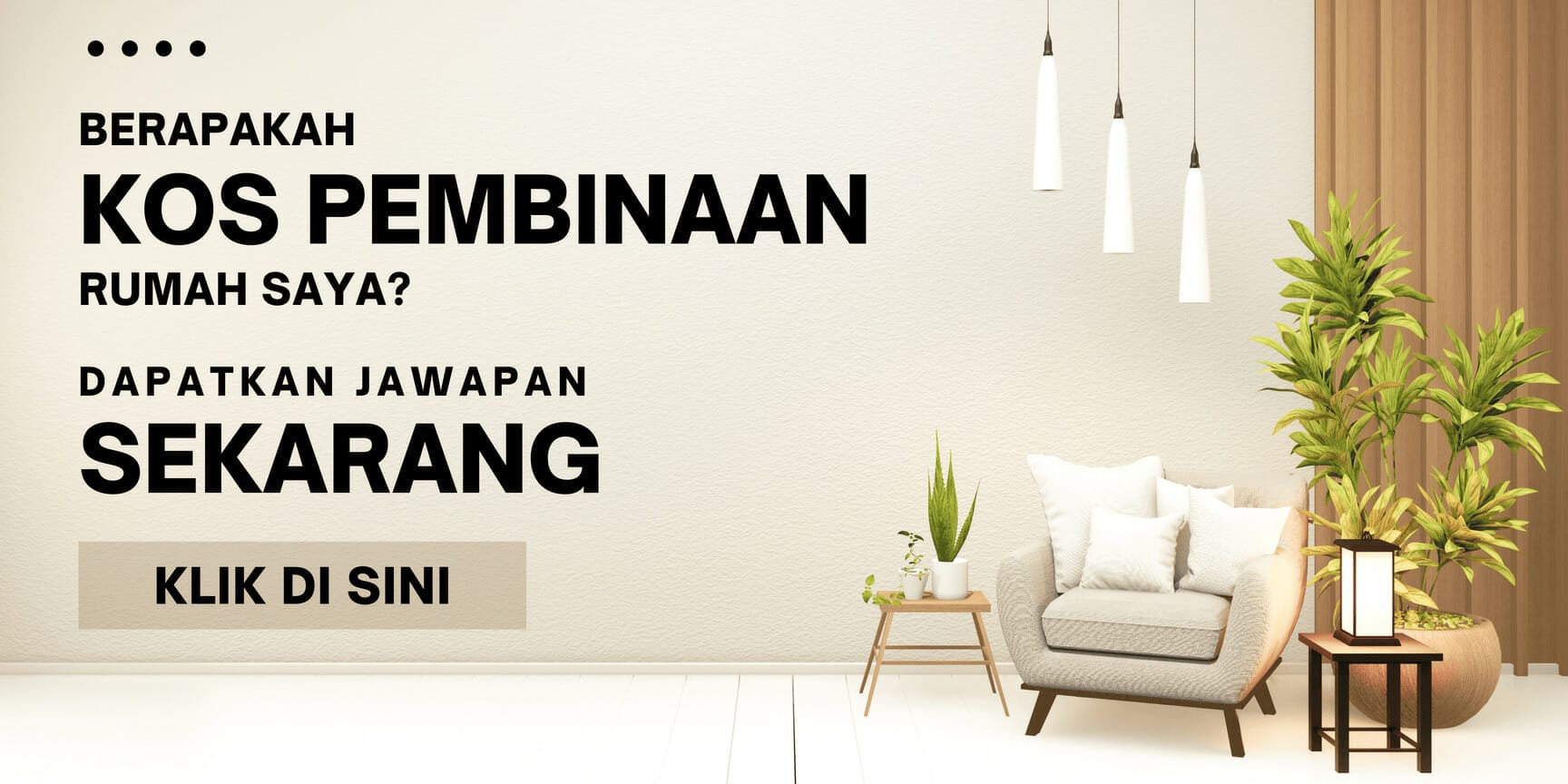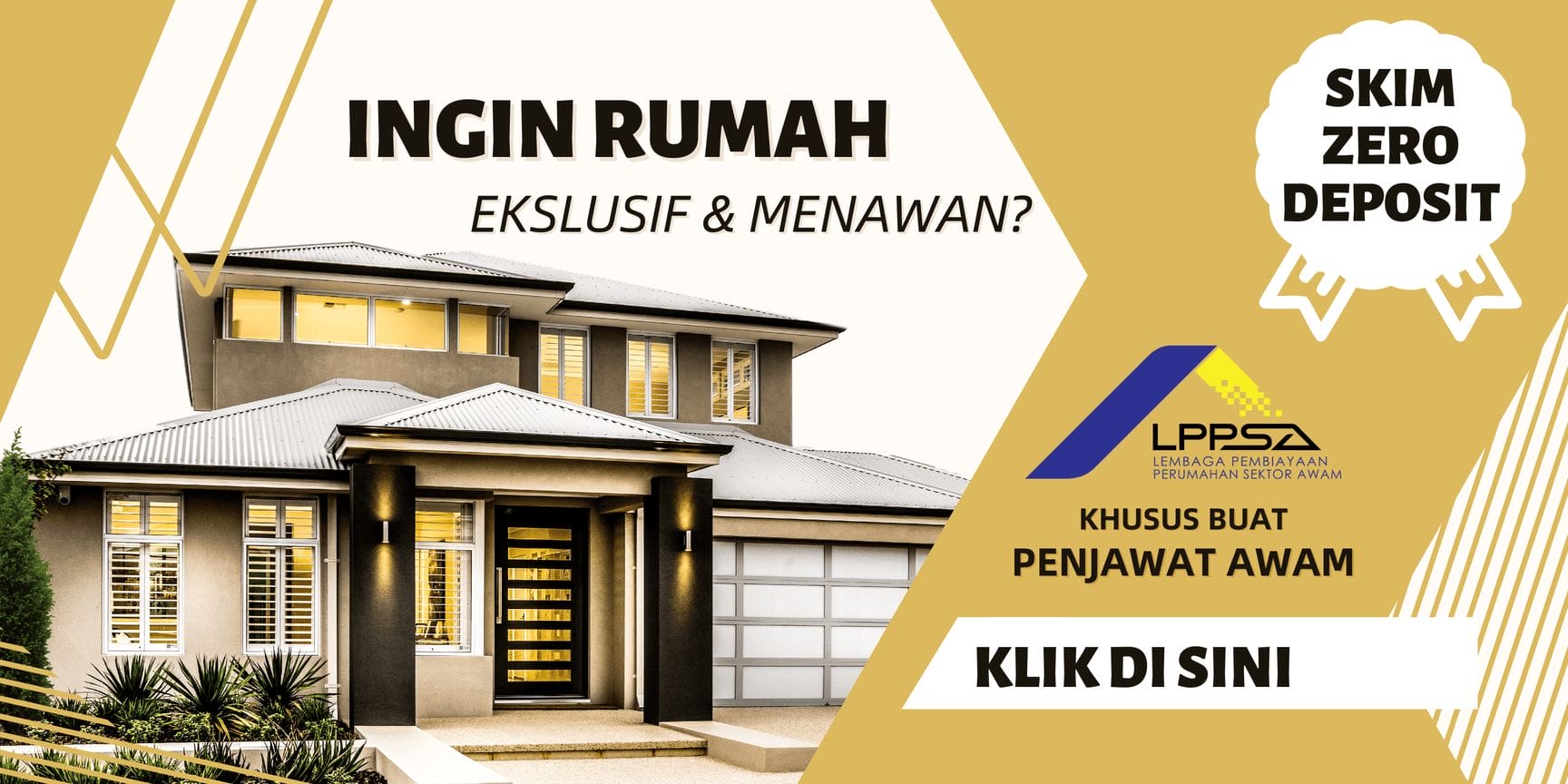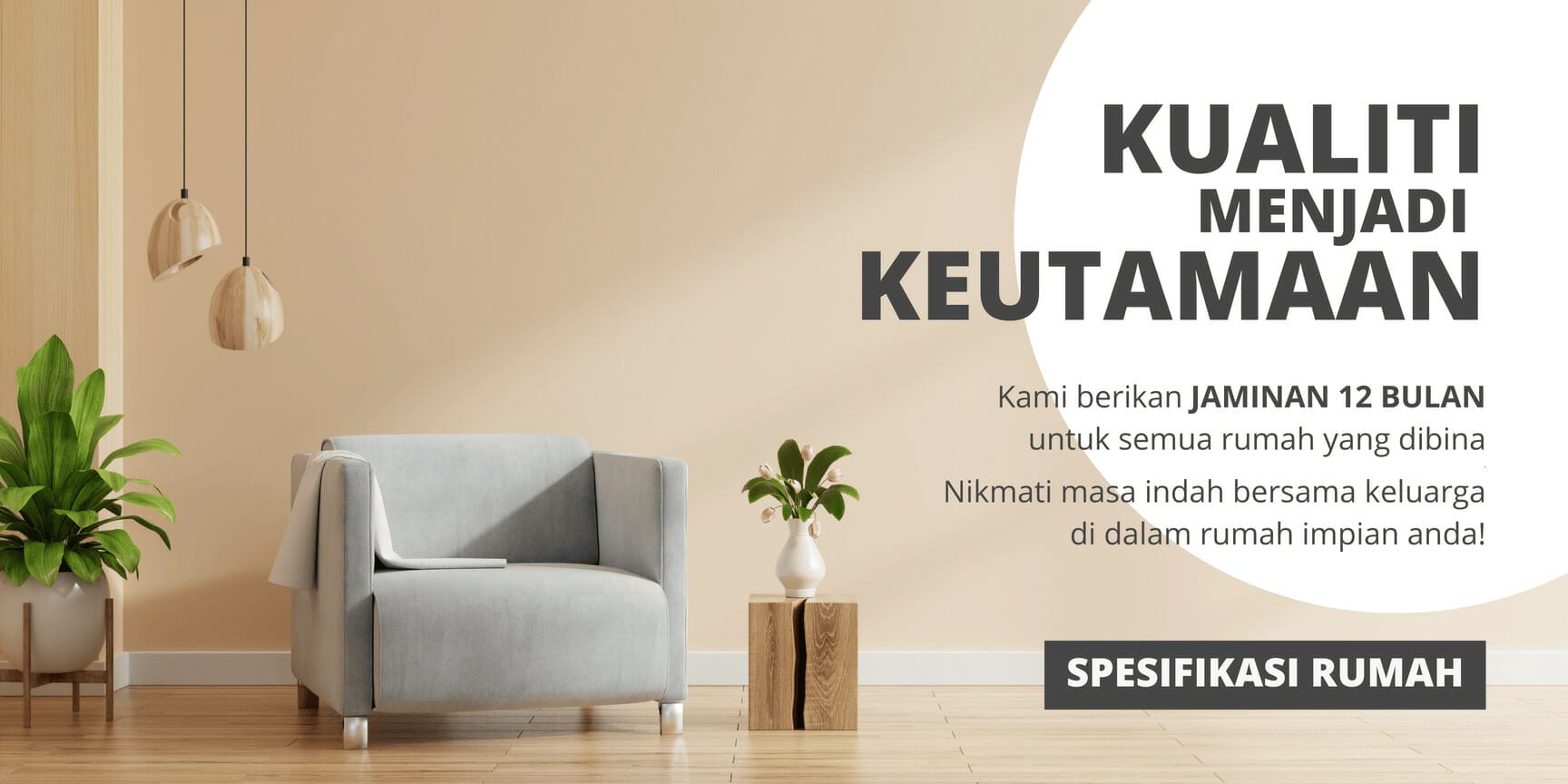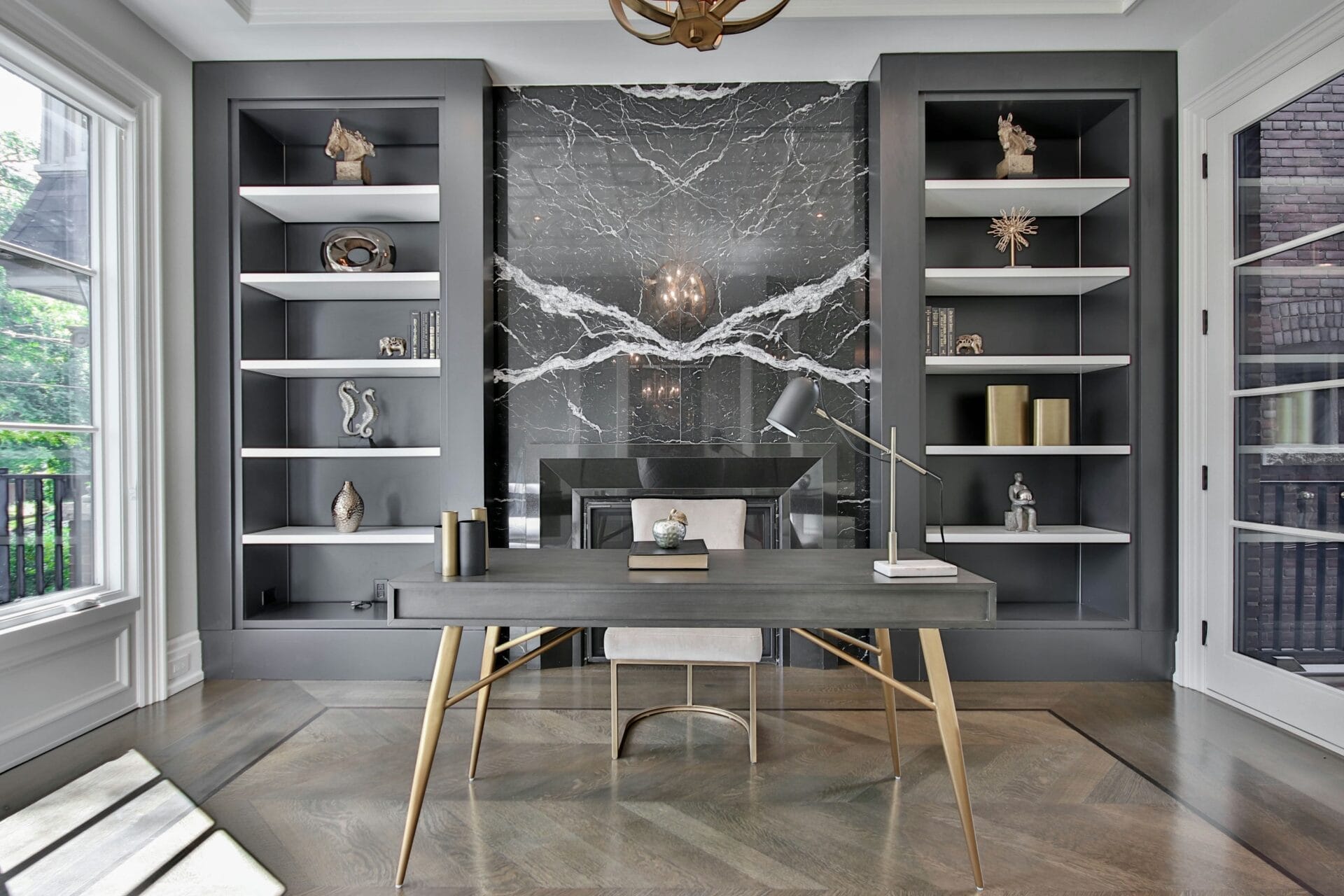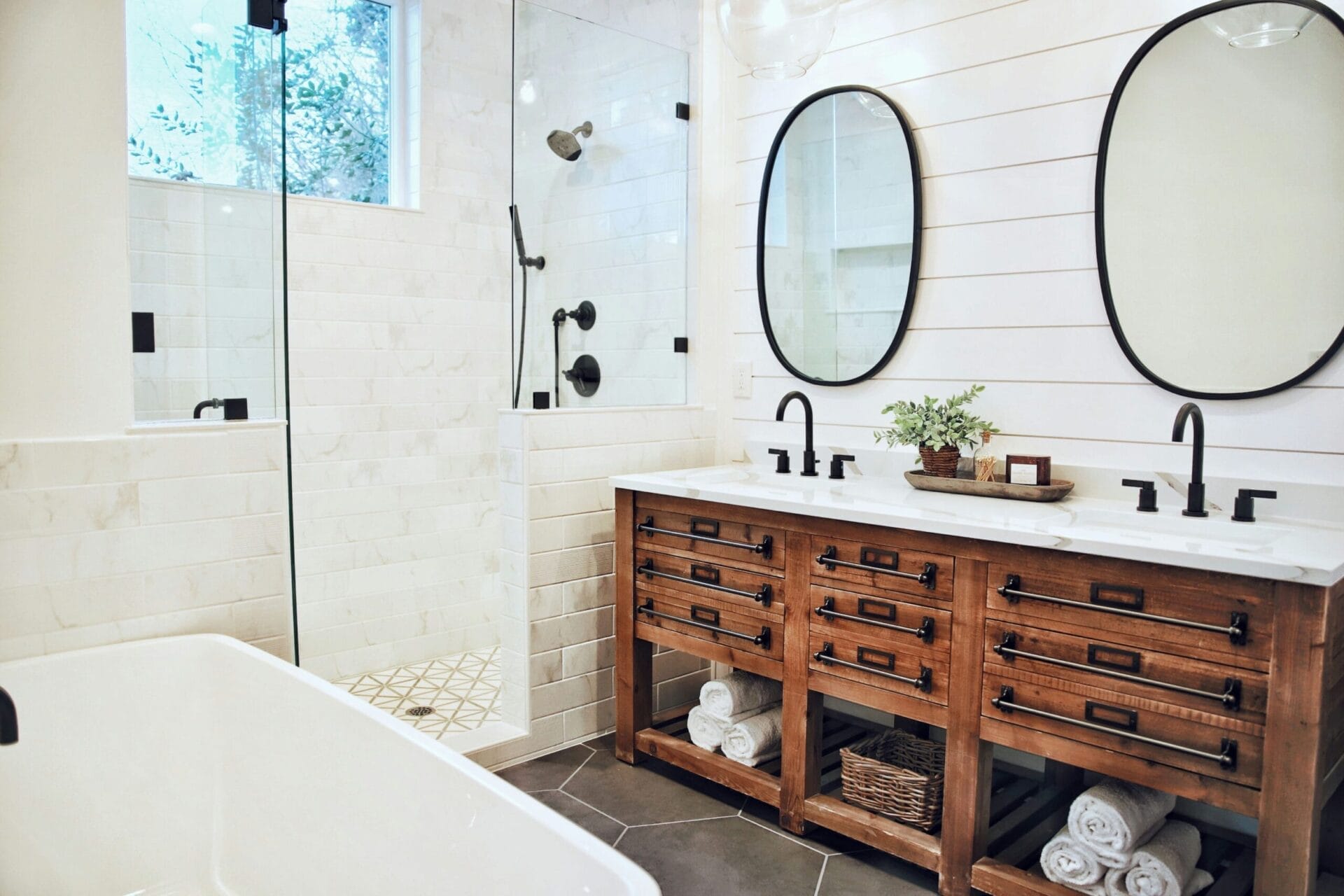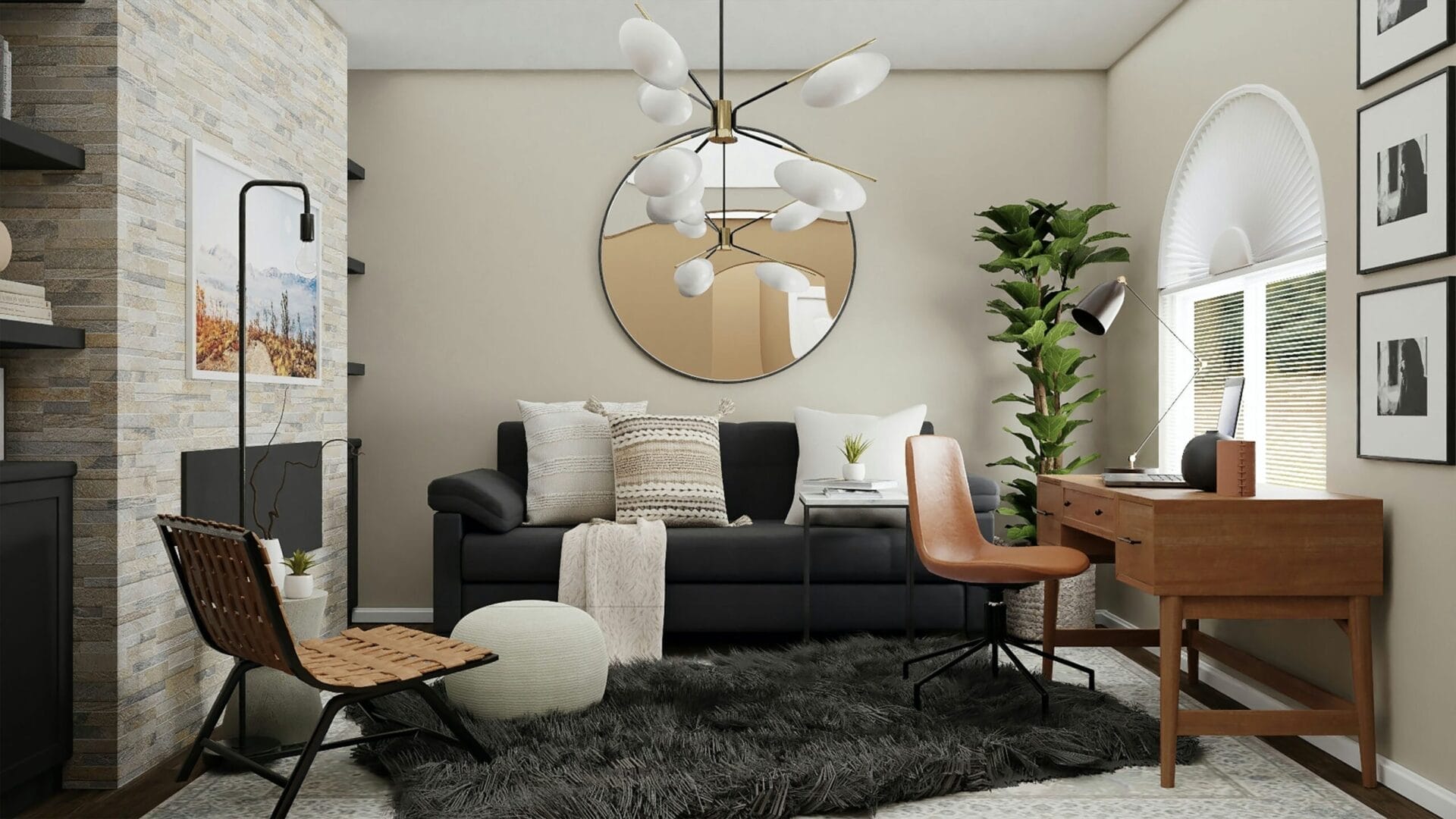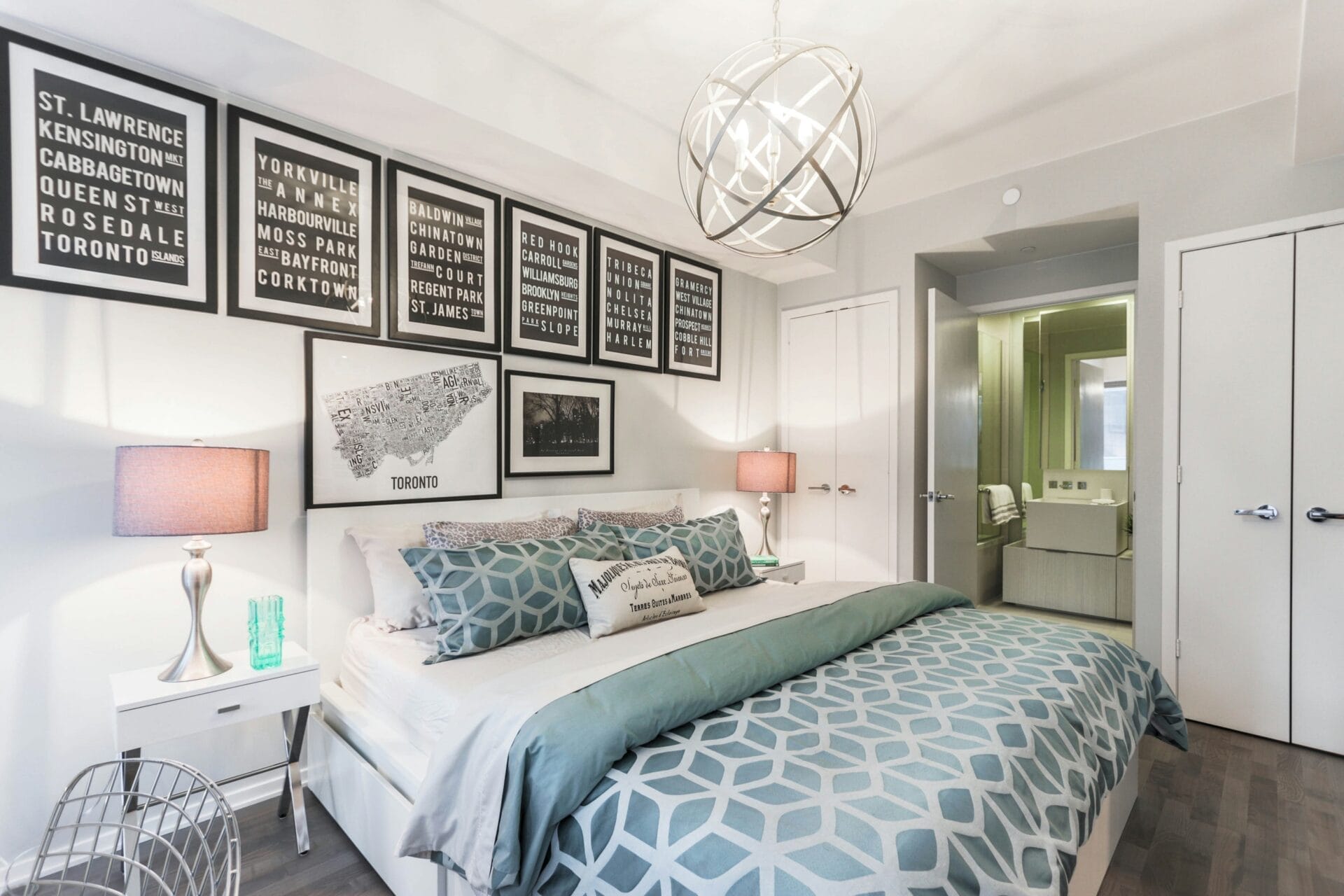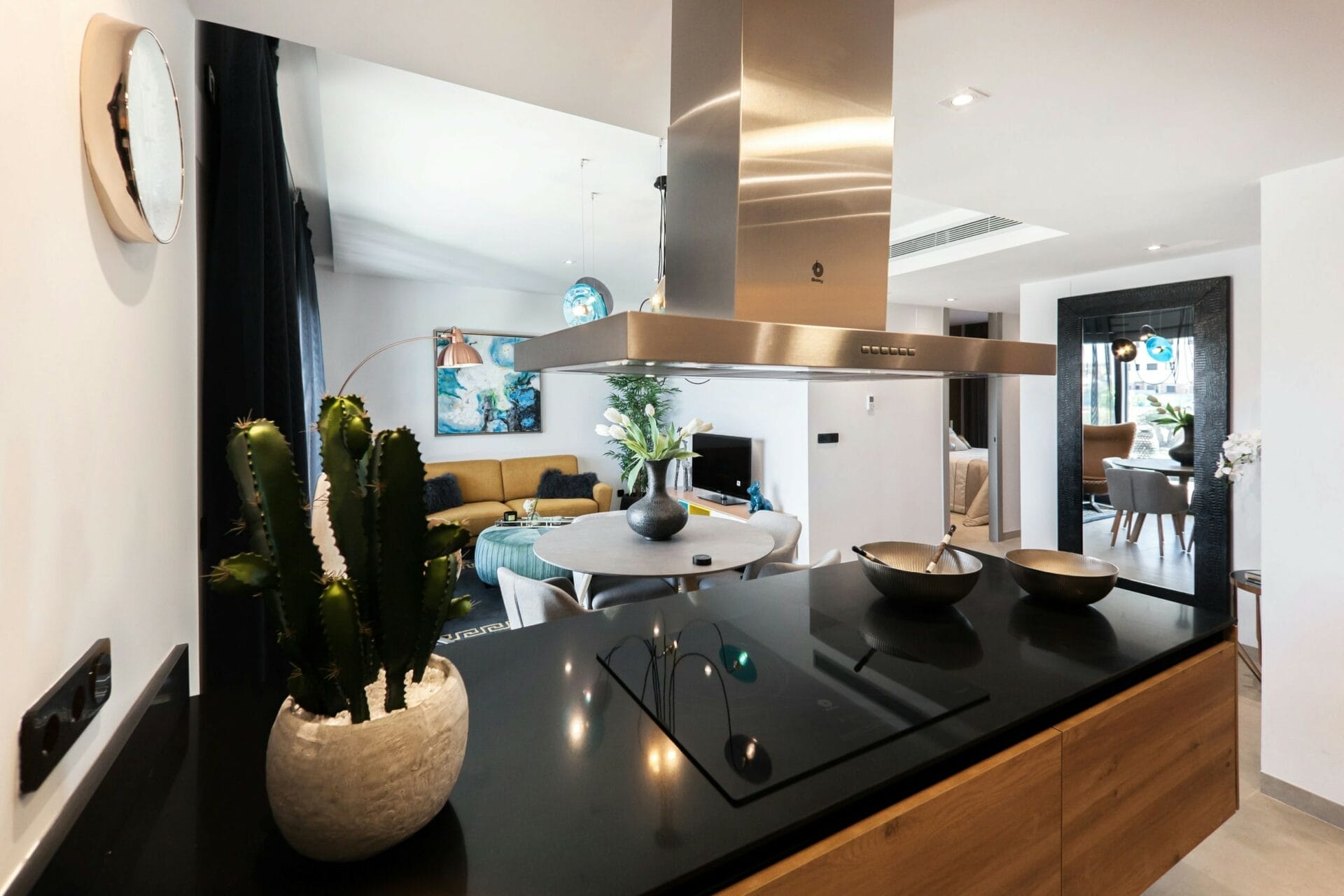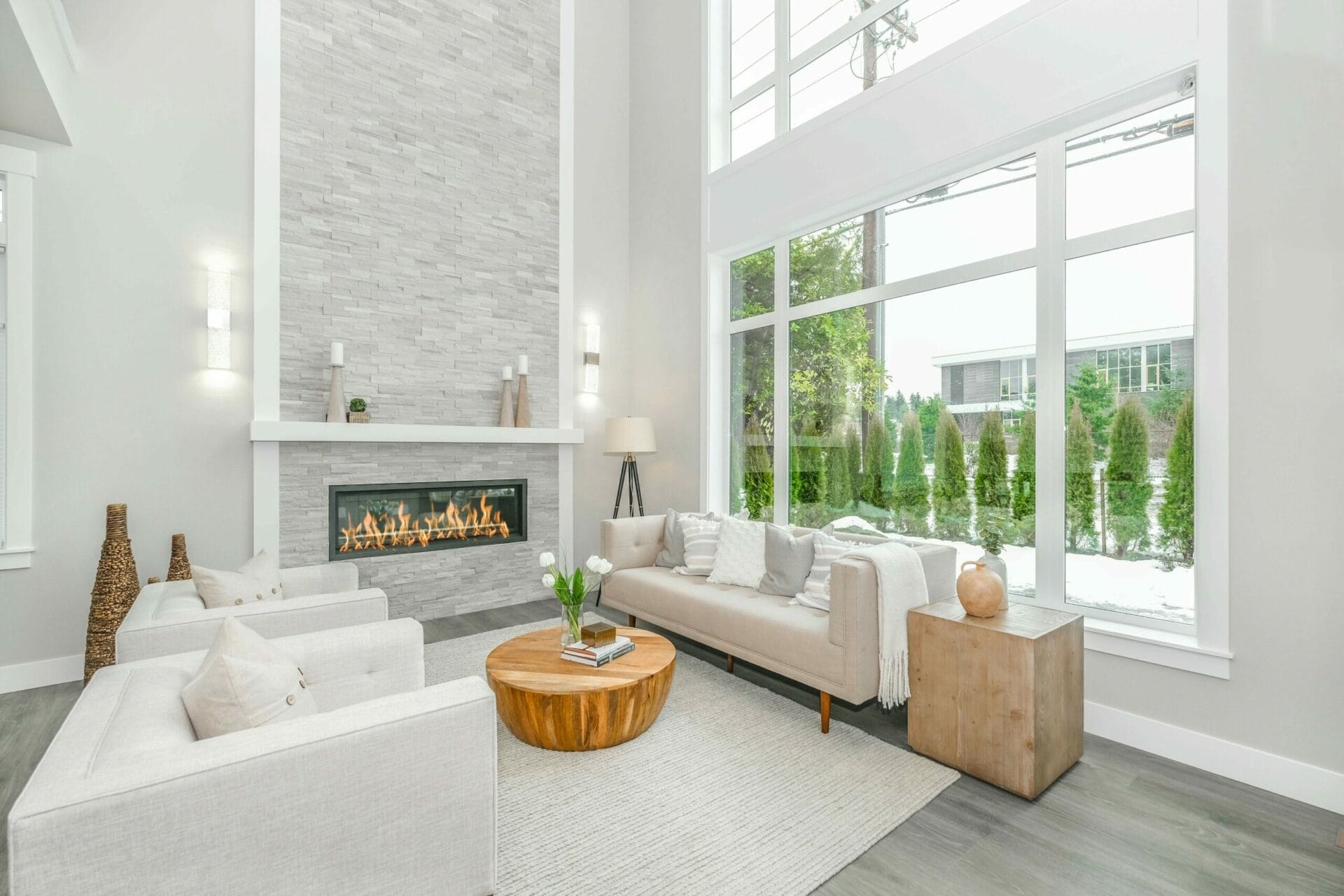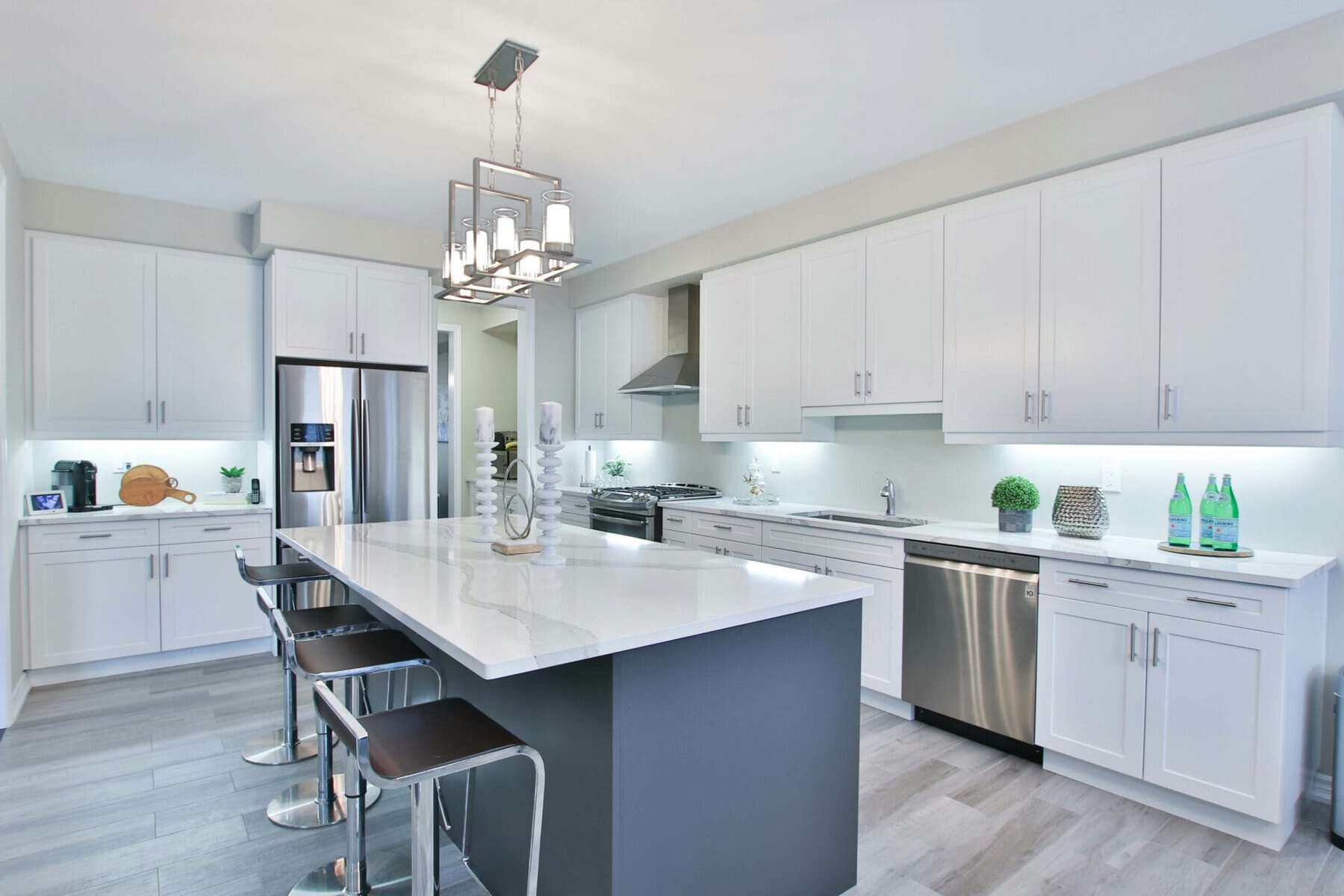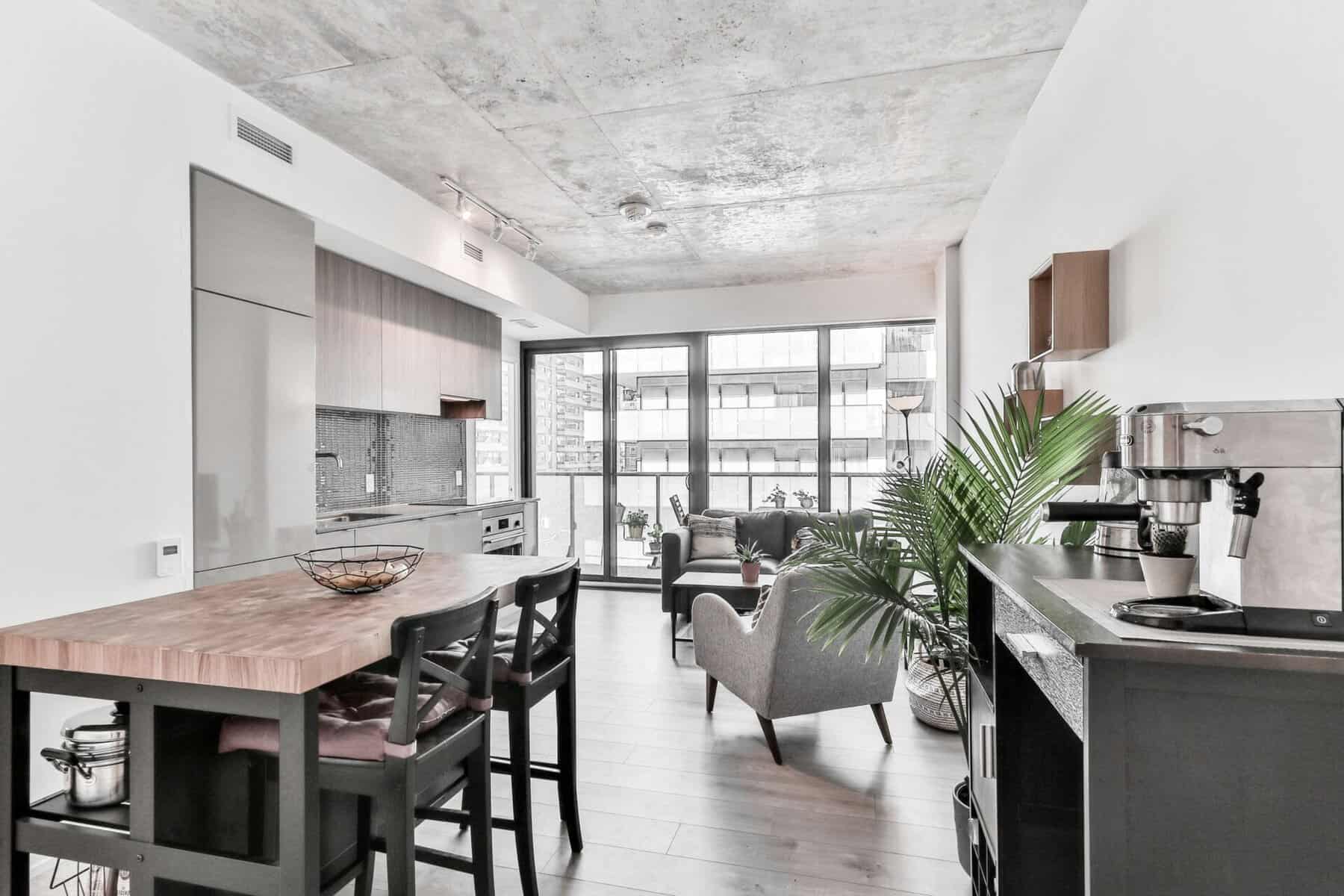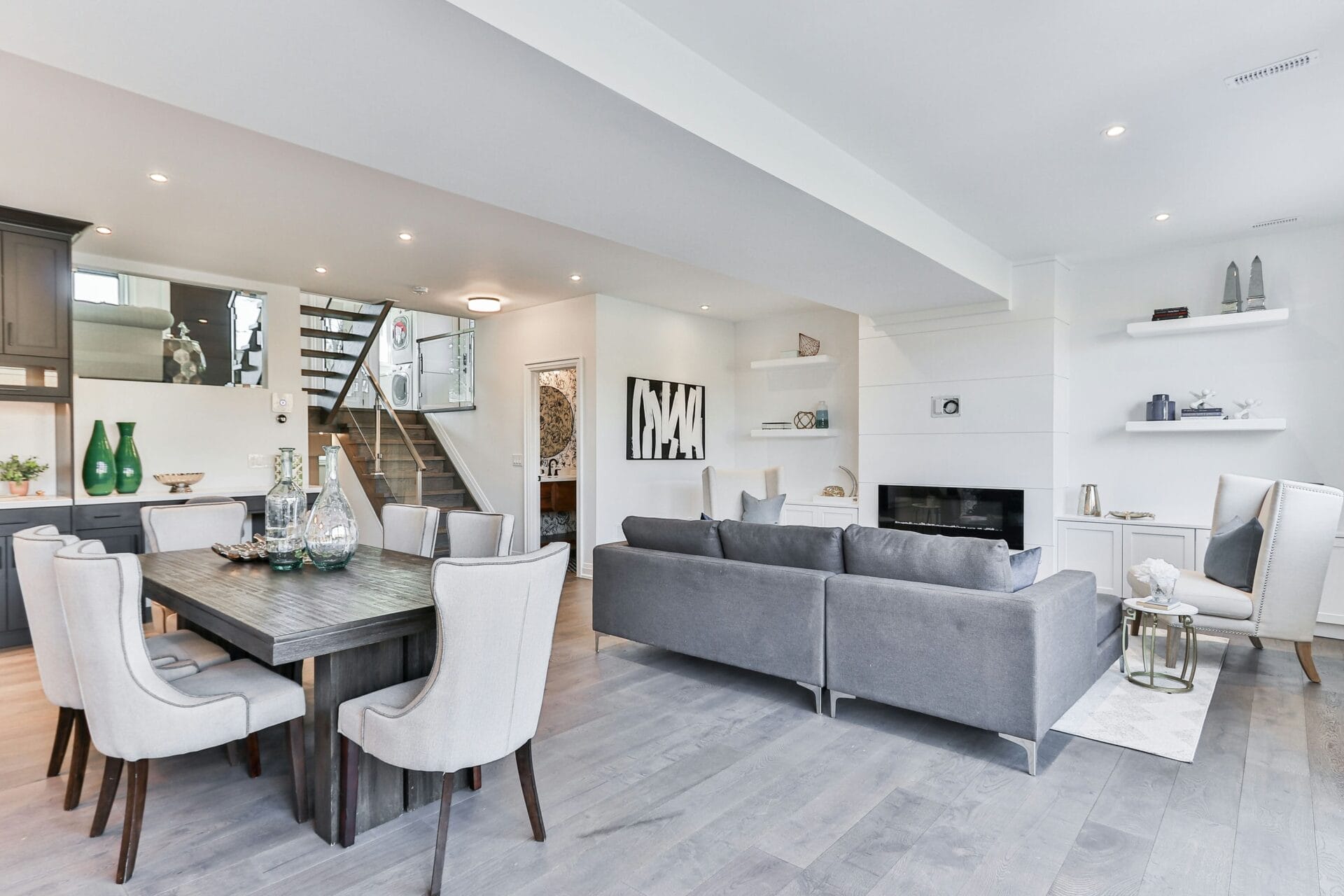Pro and Con IBS Construction System in Malaysia
1. What is the IBS construction system?
The Industrialised Building System (IBS) is a construction system that utilises techniques, products, components or building systems which involve prefabricated components and onsite installation.
In IBS, building components are mass-produced in a factory under strict quality control and minimal wastage. The components are then transported to the construction site and assembled into a building structure.
Some key benefits of IBS:
- Improved quality – Precise factory conditions allow for higher quality control compared to onsite construction
- Reduced wastage – As components are prefabricated to design specifications
- Increased speed – Components can be manufactured concurrently offsite while site preparation is ongoing
- Safer – Less hazardous site conditions as building components are prefabricated offsite
- Lower labour costs – Reduced workforce needed onsite
Some examples of IBS components:
- Precast concrete columns, beams, floor slabs
- Prefabricated steel frames
- Prefabricated bathroom units, kitchens, wardrobes
- Prefabricated roofing systems
- Prefabricated façade systems
The IBS system aims to modernise and improve productivity of the construction industry in Malaysia. The method was introduced to promote sustainable construction techniques and remains mandatory for government projects.
2. What are the pros and cons of the IBS system?
Pros of the IBS system
- Faster construction – Pre-fabricated components shorten construction timelines by up to 50%
- Better quality – Components made in controlled factory conditions results in better quality
- Waste reduction – More efficient use of materials creates less wastage onsite
- Worker safety – Safer working conditions in prefabrication factory versus onsite
- Productivity – Requires less labour onsite, frees workforce for higher skilled tasks
Cons of the IBS system
- High initial investment – IBS requires major upfront capital investment in machinery and moulds
- Higher material costs – IBS components may cost more compared to conventional materials
- Lack of expertise – Malaysia lacks technical experts required for design and manufacture
- Shipping costs – Transport of bulky prefabricated components can be expensive
- Limitations in design – IBS may not be suitable for certain complex designs
In summary, the pros of faster, better quality and more sustainable construction often outweigh the higher upfront costs associated with IBS adoption.
3. What are the different types of IBS systems used in Malaysia?
The most common IBS systems used in Malaysia include:
- Pre-cast Concrete Framing, Panel and Box Systems – Reinforced concrete columns, beams, slabs and walls prefabricated in moulds offsite. Fast assembly onsite.
- Steel Framing Systems – Lightweight steel structures as an alternative to concrete. Quicker to erect onsite.
- Prefabricated Timber Framing Systems – Prefabricated timber roof trusses, walls and floor systems. Used for low-rise residential projects.
- Blockwork Systems – Interlocking concrete blocks enable walls to be constructed without plastering.
- Prefabricated Bathroom Pods – Complete bathrooms prefabricated into pods for faster installation onsite.
- Reinforced Concrete Portal Frames – Pre-cast columns and beams to form portal frames for industrial warehouses.
- Reinforced Concrete Tunnel Form Systems – Concrete walls and slabs cast in tunnel shapes. Used for affordable walk-up flats.
Selecting the most appropriate IBS depends on project requirements, cost, construction time and client preferences. Most projects in Malaysia use a combination of different IBS systems.
4. What are the cost differences between IBS and conventional construction in Malaysia?
IBS construction typically has higher upfront costs but offers long term savings in Malaysia:
- Initial investment in moulds, machinery and training required – adds ~5-10% to costs
- IBS components may cost more than conventional materials like brickwork and timber formwork
- Partially offset by lower labour costs onsite
However, total life cycle costs for IBS can be 5-10% cheaper than conventional builds:
- Faster construction timelines reduce preliminary costs like hoarding and equipment
- Better quality means lower maintenance costs over the lifetime of the building
- Higher consistency so less rework required, avoid cost overruns
Other cost savings:
- Reduce wastage of materials – estimate up to 30% savings
- Avoid costs associated with unsafe work practices like injuries
- Higher construction productivity provides overall cost savings for developers
While IBS requires more upfront capital, over the entire project it can provide better cost control and savings compared to conventional techniques.
5. What are the skills required for IBS construction?
Adopting IBS requires some new skills and expertise:
- Design experts – Architects and engineers experienced in IBS design principles, building modelling software, BIM etc.
- IBS manufacturing specialists – Technical personnel skilled in prefabrication methods, operation of moulding equipment.
- Component handling and logistics planners – Planners to coordinate transportation, lifting and installation onsite.
- Onsite assembly teams – Teams trained in safe handling and assembly of specific IBS components.
- Quality inspectors – Personnel to inspect fabrication quality and tolerances of prefab components.
- Maintenance personnel – Service teams trained in IBS building maintenance procedures.
- Management – IBS construction requires more coordinated planning and sequencing between offsite and onsite teams.
While parts of the existing workforce can be upskilled, Malaysia also needs to build up capacity in IBS-specific construction skills through education and training programs.
6. What are the challenges faced implementing IBS in Malaysia?
Some key challenges faced adopting IBS construction in Malaysia include:
- High upfront costs – IBS requires major capital investment difficult for many contractors
- Lack of expertise – Insufficient technical experience in design, manufacture and assembly of IBS components locally
- Supply chain readiness – Local suppliers need to gear up for mass production of standardised components
- Transportation logistics – Challenges in transporting large prefab sections, especially in city centres
- Cost overruns – Poor planning and coordination can still lead to delays and budget overruns
- Conservative mindset – Industry used to conventional construction methods has been slow to adopt IBS
While IBS has clear advantages, transitioning the Malaysian construction industry to embrace IBS on a broader scale faces significant challenges. A coordinated long term strategy is required to systematically address these.
7. How does IBS construction support sustainability in Malaysia?
Adopting IBS provides many sustainability benefits:
- Construction waste reduction – More efficient material usage and less wastage onsite
- Energy savings – Better insulation and air-tightness reduces energy consumption over building lifetime
- Water conservation – Water recycling easier to implement offsite during component fabrication
- Less site disruption – Prefabrication reduces noise, dust and accident risks onsite
- Greener materials – IBS enables easier use of recycled and environmentally friendly materials
- Adaptability – IBS buildings can be more easily reconfigured or expanded through addition of components
- Durability – IBS structures generally offer improved lifespan and lower maintenance
The controlled offsite production processes enables greener construction. IBS adoption is key for Malaysia to progress closer to zero-waste and carbon neutral construction.
8. What government incentives exist for IBS adoption?
To promote IBS uptake in Malaysia, government schemes and incentives include:
- Lower construction taxes – Projects using IBS pay only 3% construction levy versus conventional rate of 0.125% of total contract value
- IBS Promotion Fund – RM500 million fund for contractors to purchase IBS moulds and equipment
- Fast approval – Priority permit and license approval for IBS projects from local authorities
- Training grants – Funding support provided for IBS-related skills training and apprenticeships
- Expedited immigration – Special immigration lanes for foreign IBS construction specialists
- Promotional events – Government agencies regularly conduct outreach programs to engage industry
- Lead by example – All government projects mandated to use at least 70% IBS components
While transition takes time, government incentives aim to create an enabling environment for IBS to be widely adopted.
9. What are some best practices for IBS implementation?
Best practices for successful IBS adoption include:
- Detailed design coordination using Building Information Modelling (BIM) for error-free fabrication
- Rigorous mockup testing of IBS components before mass production
- Close collaboration between project teams onsite and offsite
- Clear understanding of IBS specifications and installation processes
- Utilise experienced specialists for bespoke IBS designs
- Education and training programs to build skilled workforce
- Strong project management of offsite/onsite scheduling and logistics
- Leverage time savings from IBS to accelerate overall project timelines
- Digital technologies like drones and scanner systems to precisely survey site
- Robust quality assurance checking of IBS components before shipping
- Data sharing along the construction value chain for transparency
Getting these fundamentals right will allow for successful and timely project delivery using IBS.
10. What is the future outlook for IBS construction in Malaysia?
The future outlook for IBS in Malaysia is strong and growing:
- Investment in technology – IBS solutions utilising robots, 3D printing and data systems will drive efficiency and adoption
- Customisable production – Flexible and modular offsite fabrication will enable mass customisation
- Green transition – Sustainability demands will spur greater use of IBS for energy efficiency and waste reduction
- Cost competitiveness – Economies of scale and higher productivity will reduce IBS costs over time
- Industry integration – Digital integration of design, fabrication, logistics and assembly will streamline delivery
- Government support – Policy support and incentives for IBS will continue expanding the ecosystem
- Anticipated talent – A new generation of construction talent will bring IBS expertise
With rising demand for construction in Malaysia, IBS represents the future of smarter, faster and greener building.
Key Takeaways
- IBS involves prefabricated components manufactured offsite and assembled onsite into building structures
- Benefits include faster construction, improved quality, lower wastage and safer working conditions
- Higher upfront investment in IBS balanced by lifecycle cost savings and sustainability gains
- IBS requires development of specialised expertise and readiness of local supply chains
- Government incentives aim to accelerate IBS adoption, though challenges moving industry mindset remain
- IBS represents the future of construction in Malaysia and will be driven by technology integration and greener demands
Conclusion
Industrialised Building System (IBS) construction brings advantages in productivity, quality and sustainability that positions it at the forefront of building for the future in Malaysia. However, the high upfront costs and industry transition remain barriers to mainstream adoption currently. With concerted efforts on skills development, supply chain readiness and digital integration, IBS can help transform the Malaysia construction industry. Government leadership coupled with innovative solutions will be key to unlocking the full potential of IBS.
kontraktor rumah
bina rumah
pinjaman lppsa
pengeluaran kwsp
spesifikasi rumah
pelan rumah
rekabentuk rumah
bina rumah atas tanah sendiri
kontraktor rumah selangor


